Discover the benefits of sustainable silk with this guide on Brown Living's blog. Learn how to make eco-friendly fashion choices and support a greener industry.
Learn how the hemp plant is being used for a sustainable future. From clothing to stationery materials, discover the benefits in Brown Journal's latest article.
Hemp has been in focus as a sustainable material for a long time now. To those taking their first steps towards becoming sustainable, hemp may be a new & wondrous discovery, but a little rewind proves the opposite.
This history of hemp dates back to around 10,000 years and was likely the earliest plant cultivated for textile fibre!
To put it plainly, Hemp is an ‘industry senior’ to your favourites - Cotton & bamboo, by a few thousand years! Hemp is often credited as one of the most sustainable materials known to man, though it may have been slightly overshadowed by the popularity of more ‘well-known’ materials.
Read on, to know what makes Hemp the true king of sustainability:
Hemp Farming
Hemp cultivation is one of the most planet-friendly farming practices in the world. Since the hemp plant grows like a weed, it doesn't require pesticides or herbicides and grows organically with ease. Being resistant to diseases and infections, hemp eliminates the need for any chemical interference during cultivation. It thrives on less water and even absorbs carbon dioxide while adding more nutrients to the soil it grows in!
Hemp Fibre
The process of making hemp fabric starts by separating the long strands of fibres from the stalk of the plant. This process is commonly called "retting".
The fibres derived are then spun together to make hemp fabric. The beauty of hemp fibre processing is that it can be an end-to-end natural process. Hemp also takes well to natural/plant-based dyes to ultimately produce a holistically ‘green’ fabric.
Clothes made of hemp are more than just good for the environment. Light-weight & easy on the skin, hemp-based clothing is hypoallergenic, long-lasting, conducive to all seasons, antibacterial and biodegradable. It is also claimed that hemp clothing is effective in keeping harmful UV-rays at bay.
Besides your daily wearables, hemp fibre can be adapted to make durable yoga mats, bed linen, daily-use towels, toddler-friendly diapers and much more!

Hemp-based Foods
The general stigma around hemp has often been a reason for people’s reluctance to try hemp-based foods. Hemp has almost no traces of THC - The plant chemical that causes the feeling of being high. When consumed in the form of a food by-product, it will not alter your state of mind or interfere with your consciousness.
In fact, hemp is an abundant source of gluten-free protein, especially for vegetarians and vegans. It is known to provide as much nutrition as soybeans and is also rich in antioxidants. Owing to its healing properties, several Ayurvedic immunity boosters contain hemp or hemp oil to aid your body’s disease-fighting responses.
Raw hemp hearts or hemp seeds can be eaten as a low-calorie snack or as an effective add-on for salads too!
Similarly, cold-pressed hemp seed oil is a renowned superfood. It reduces inflammation and curbs hormone imbalances.
Hemp Paper & Stationery
Hemp plants contain up to 85% cellulose, making them ideal to cultivate for paper too! Hemp paper can also be remodelled to make Earth-friendly stationery, for canvases, packaging materials and more. Hemp paper can also be used to make skin-friendly toilet paper and sanitary pads. Unlike plastic, hemp is 100% biodegradable and recyclable, making it an ideal choice for sturdy, planet-friendly paper products.
Hemp-Based Lifestyle Essentials
Hemp extracts make for effective plant-based skincare products. Hemp is known to be an organic anti-ageing solution. Those who tend to put their trust in natural grooming solutions, also vouch for hemp’s ability to reduce pigmentation and even out the skin tone. This is a key reason why hemp-based serums and moisturisers are often found in Ayurvedic and organic skincare formulations. Pure hemp oil, in combination with other natural carrier oils, is also known to boost your hair health & regenerate damaged roots.
Another use case for hemp oil is found in herbal joint-relief treatments. Hemp is known to provide arthritic relief and mobilise stiff joints when applied externally. It also helps reduce swellings and is a non-invasive solution for muscular aches and pains.
Hemp Fuel
Hemp can be used to make biofuels- A sustainable alternative to commonly used fossil fuels. Simply put, biofuels are fuels made from plants and are of two types- Bioethanol and biodiesel. Biofuel made from hemp comes from the fibres of the plant (known as cellulosic ethanol). It is claimed that hemp-based biofuel is 86% greener than gasoline!
Hemp-based biofuel is also more sustainable than other biofuels that are made from food crops. Since hemp grows fairly easily in most climates, claims suggest that countries around the world can use its no-fuss farming features to ‘grow’ their own fuel.
While Hemp is growing in its acceptability and acclaim, the industry is yet to grow. This is a leading reason behind hemp’s comparatively high costs. It is still a highly undeveloped market but efforts are now being made to make hemp a more accessible material. With research underway, more sustainable uses for hemp are also now being discovered.
Within India, several homegrown brands have now begun manufacturing hemp -based lifestyle essentials. Their ethical processes and conscious efforts are major contributors to the country’s first steps towards a sustainable future.
If you’d like to support and explore such sustainable local brands, click here to start browsing!




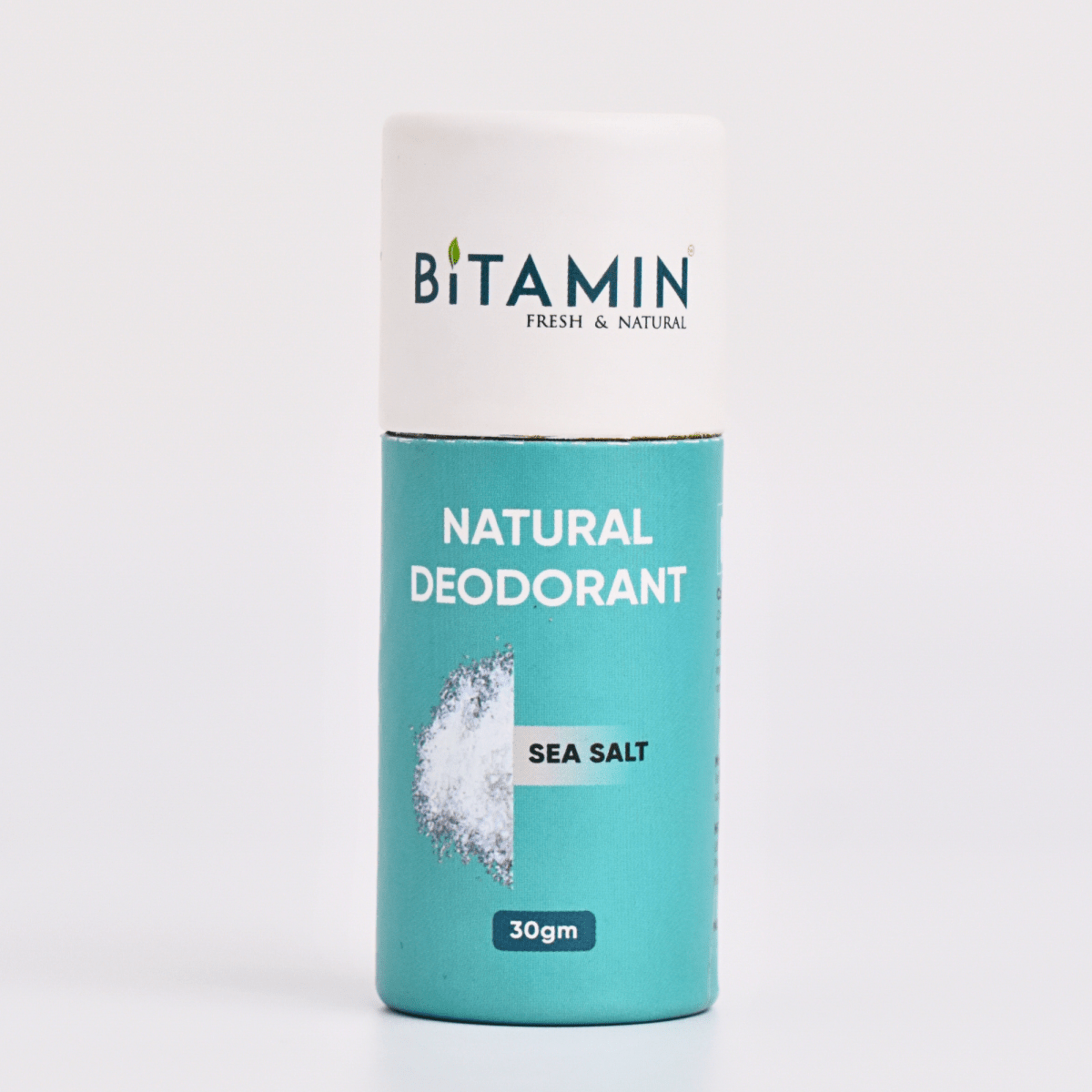
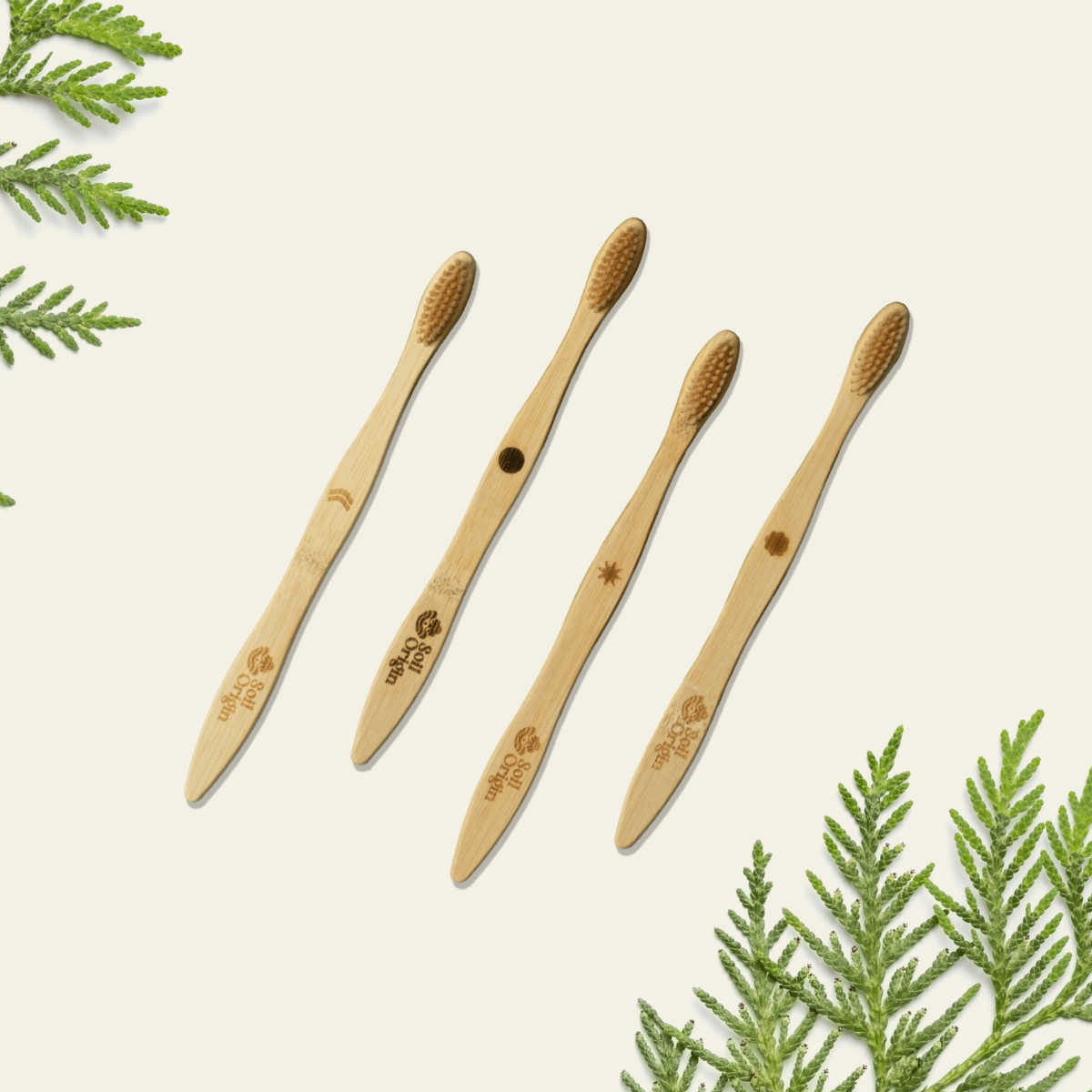
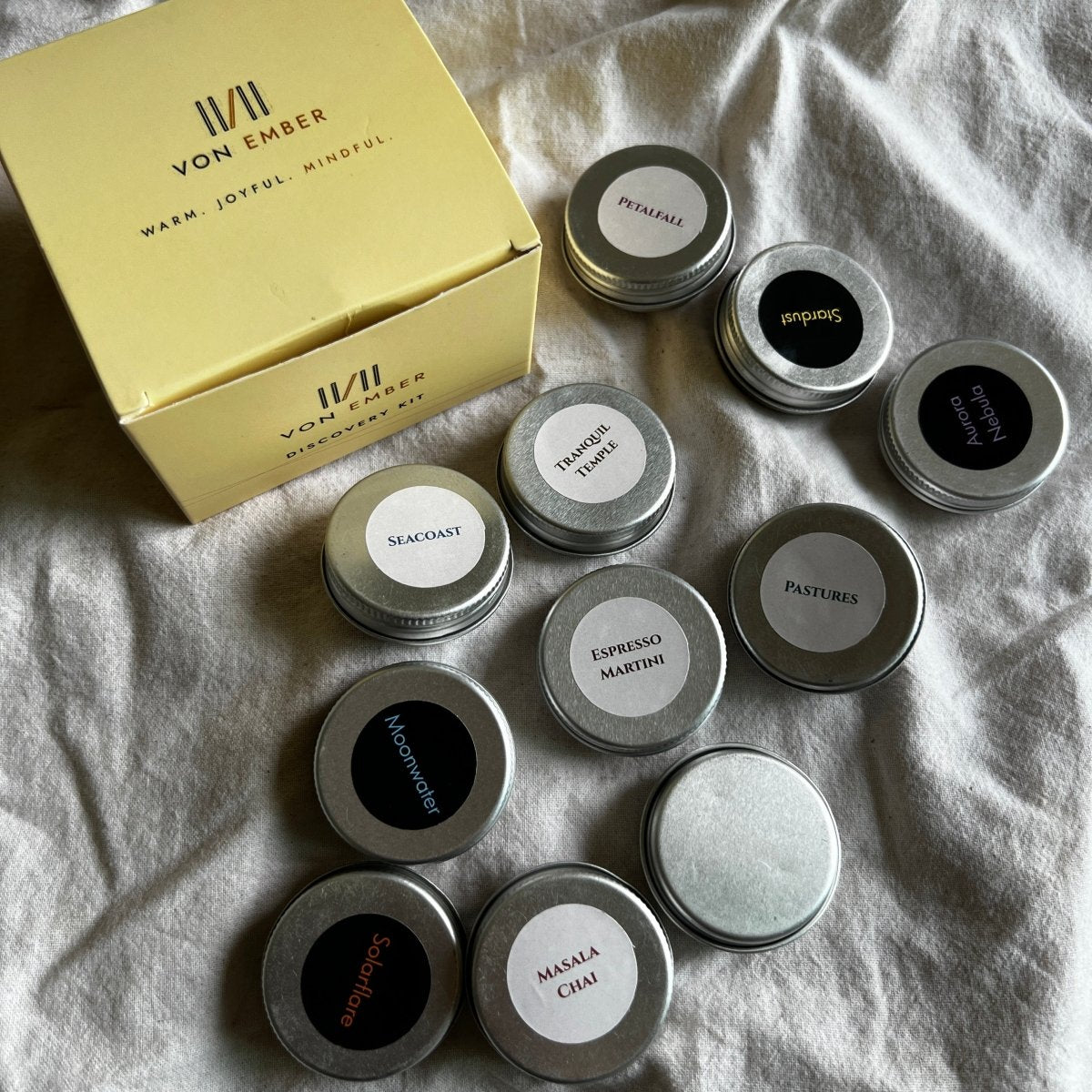
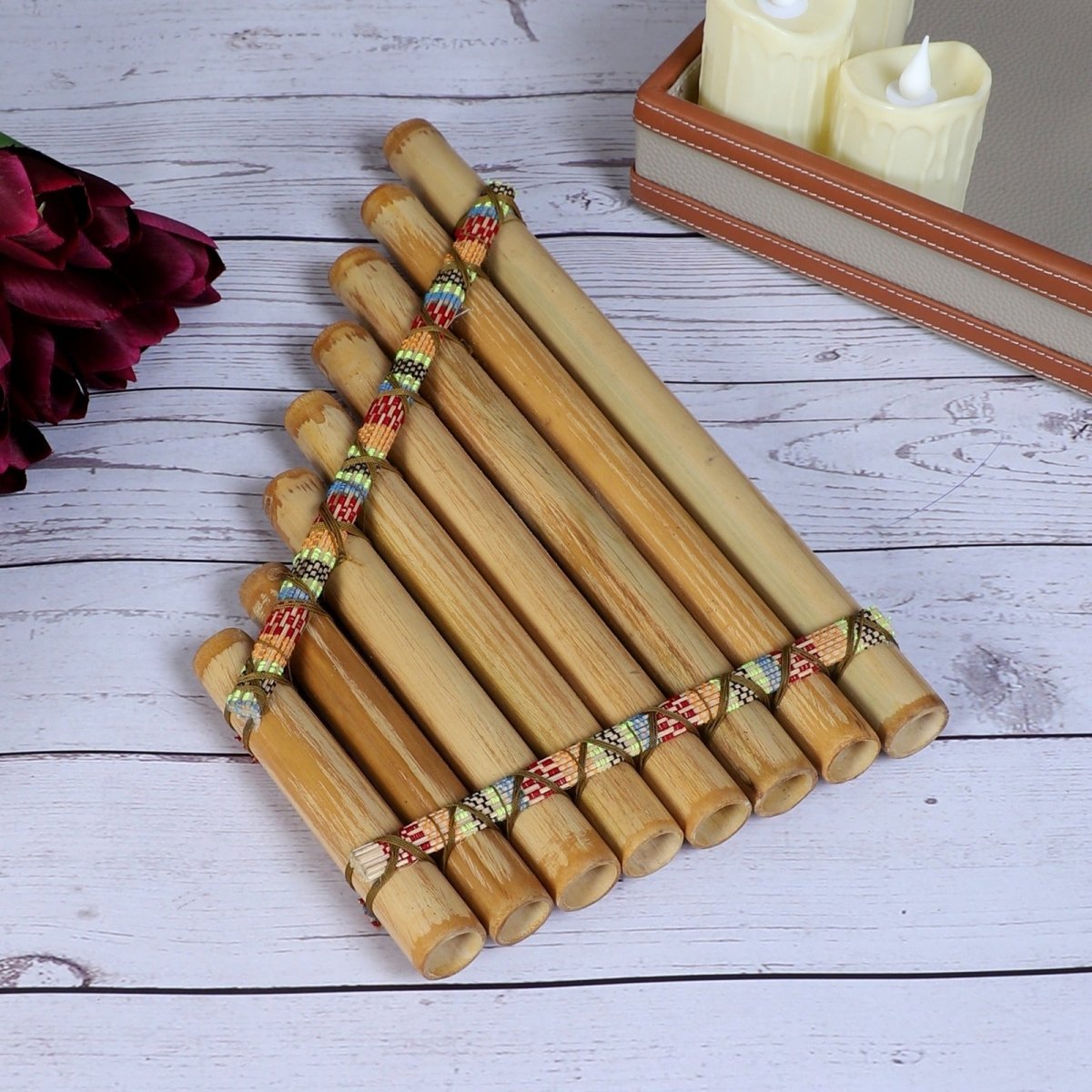

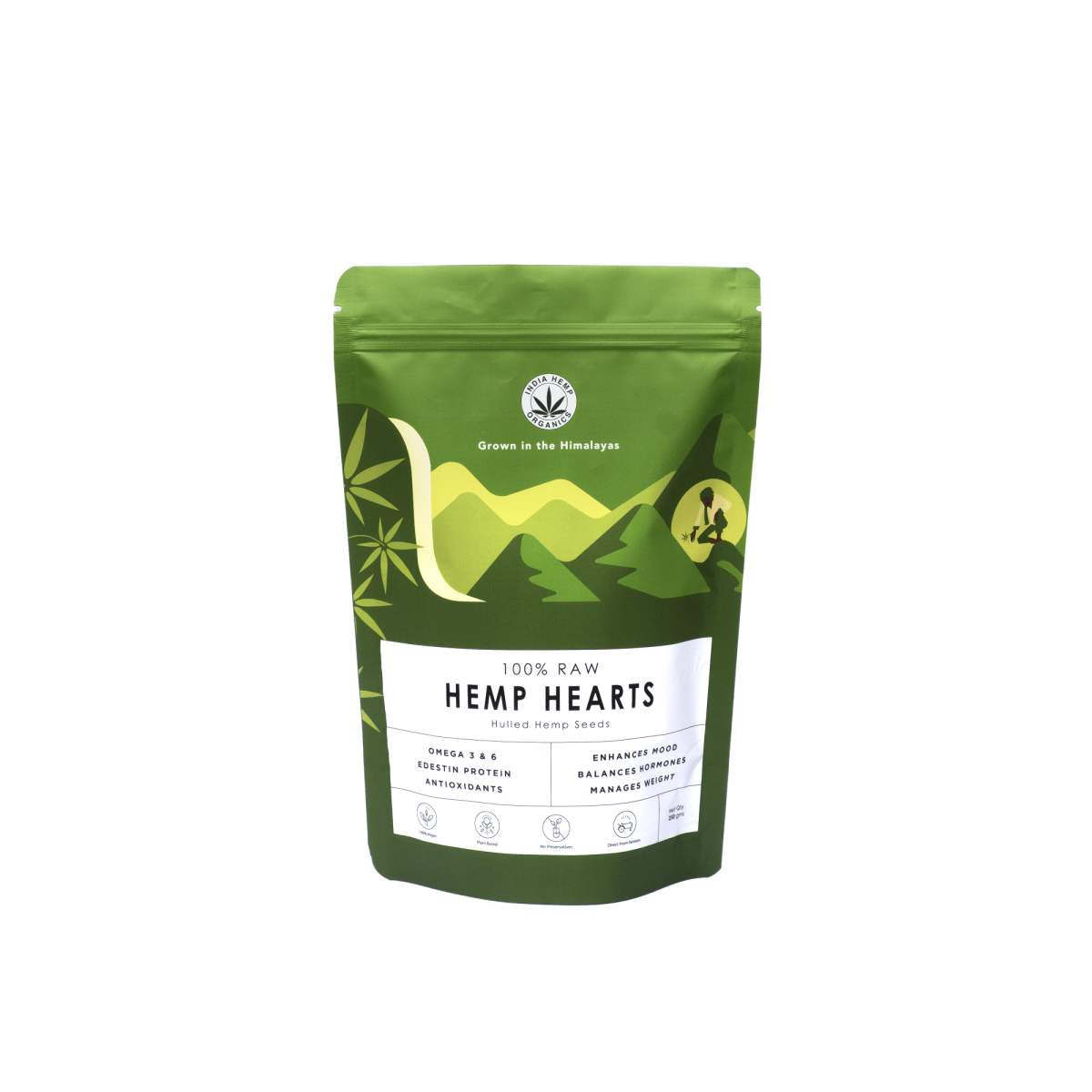
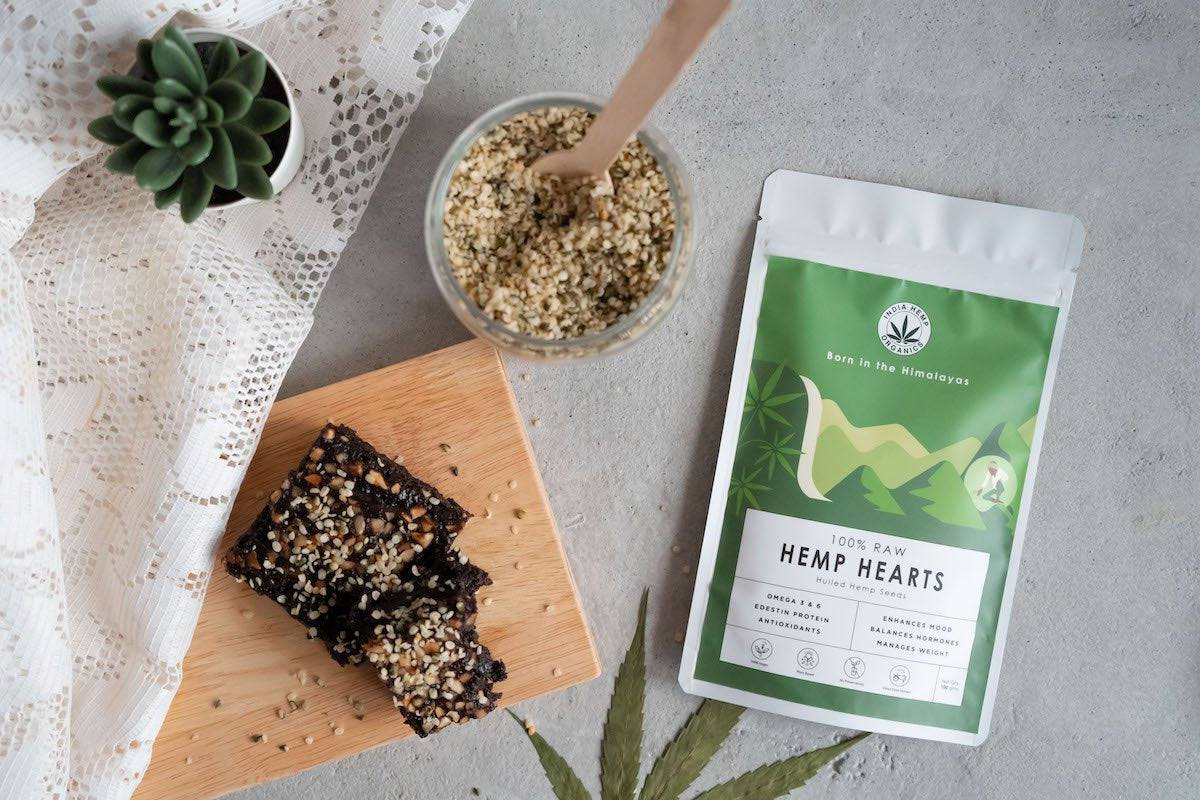
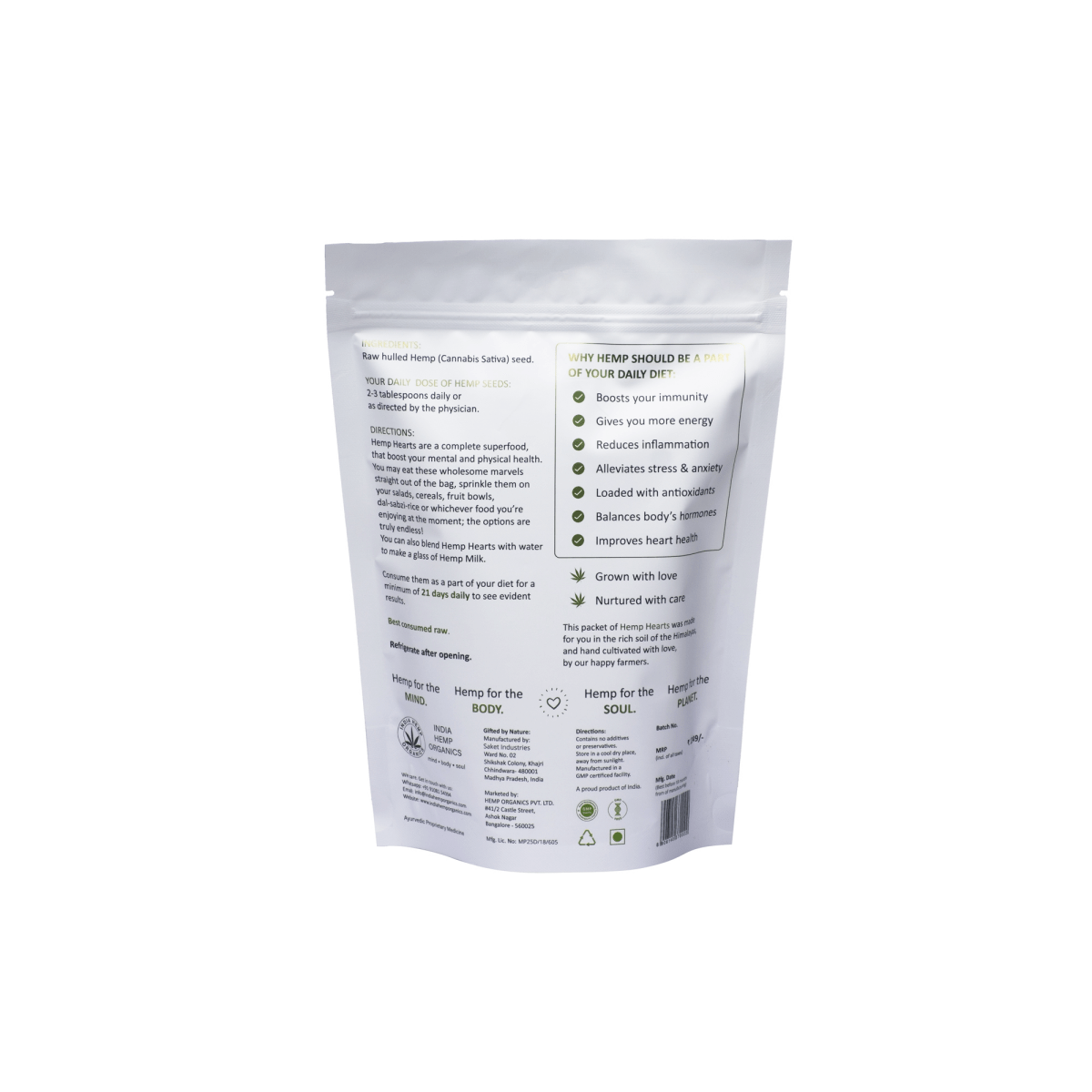
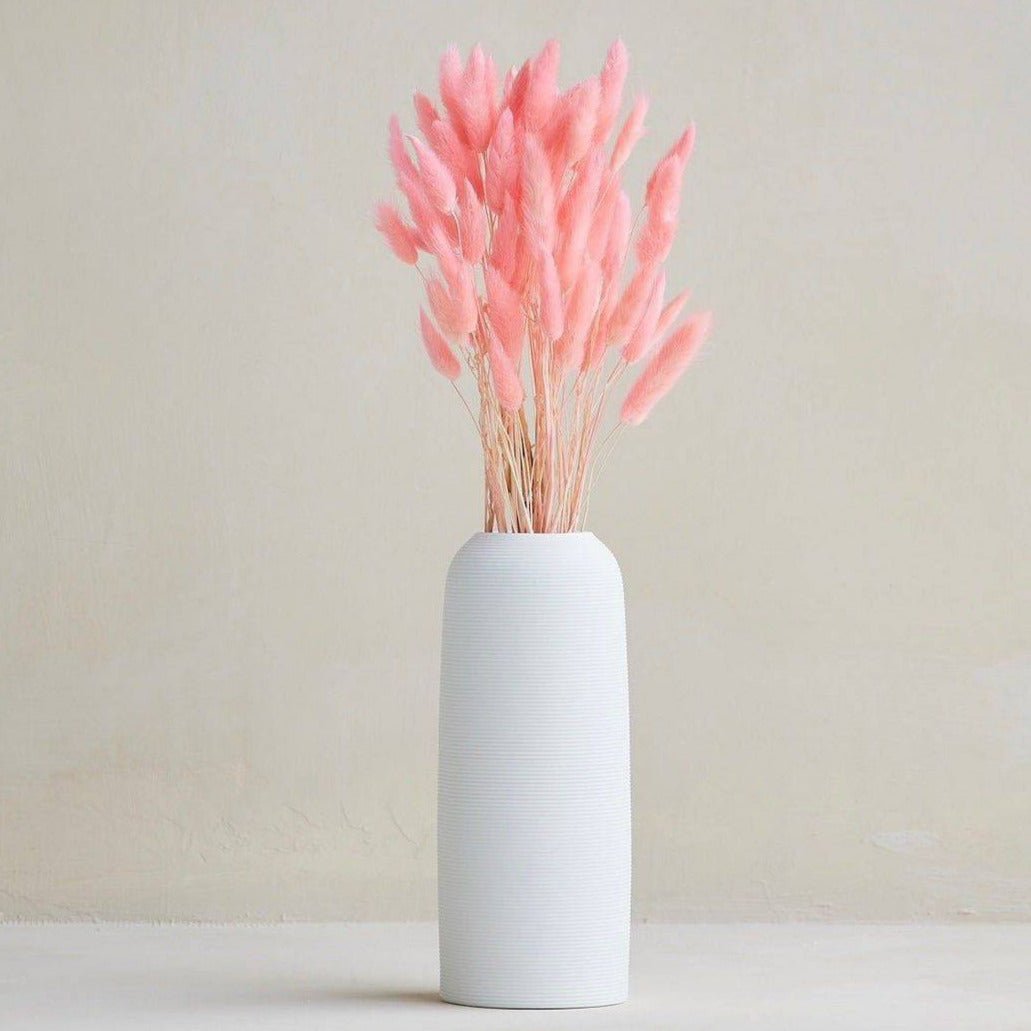
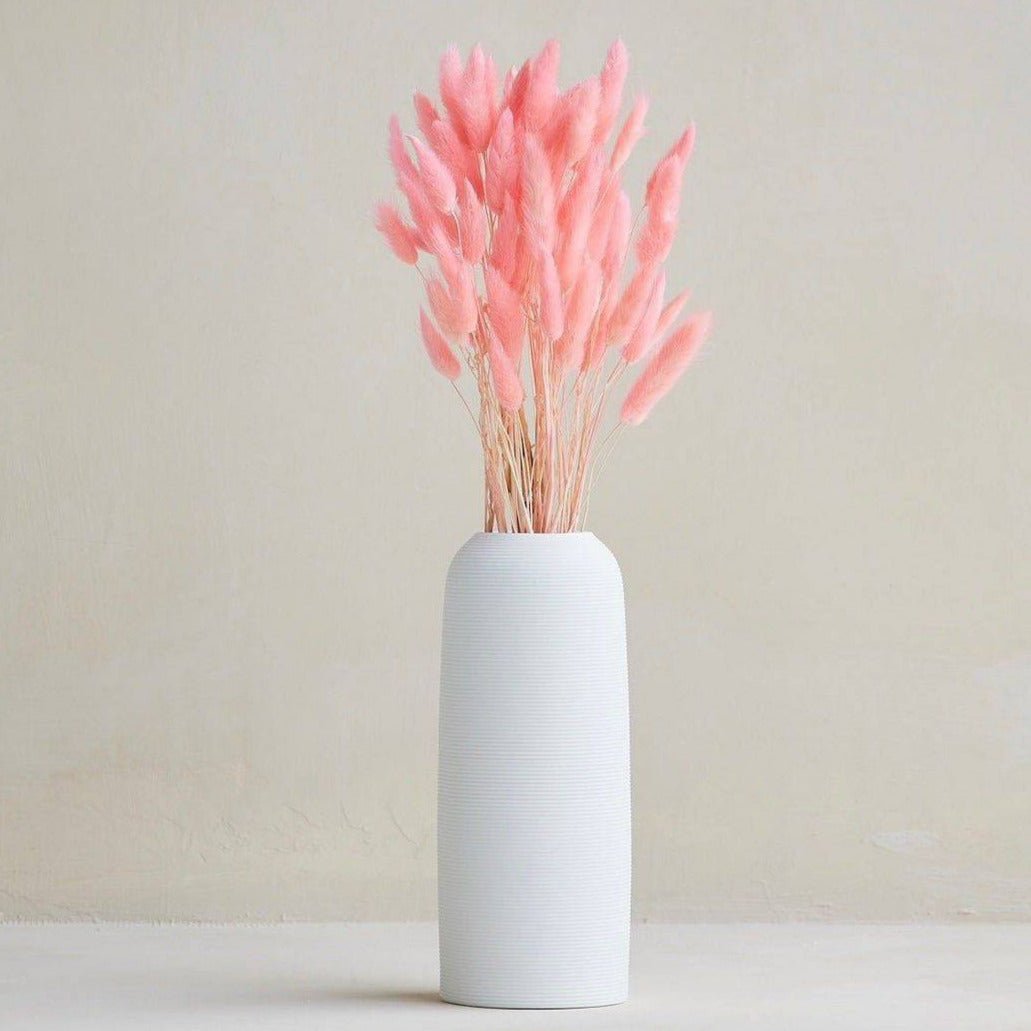
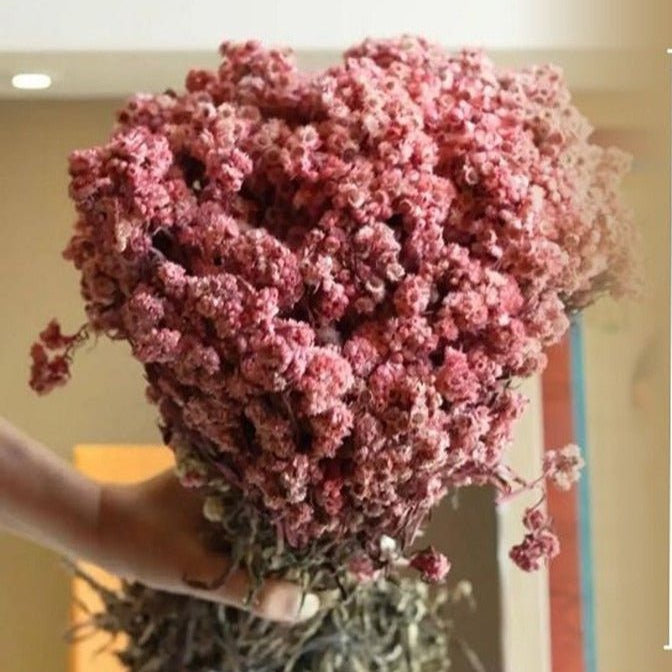

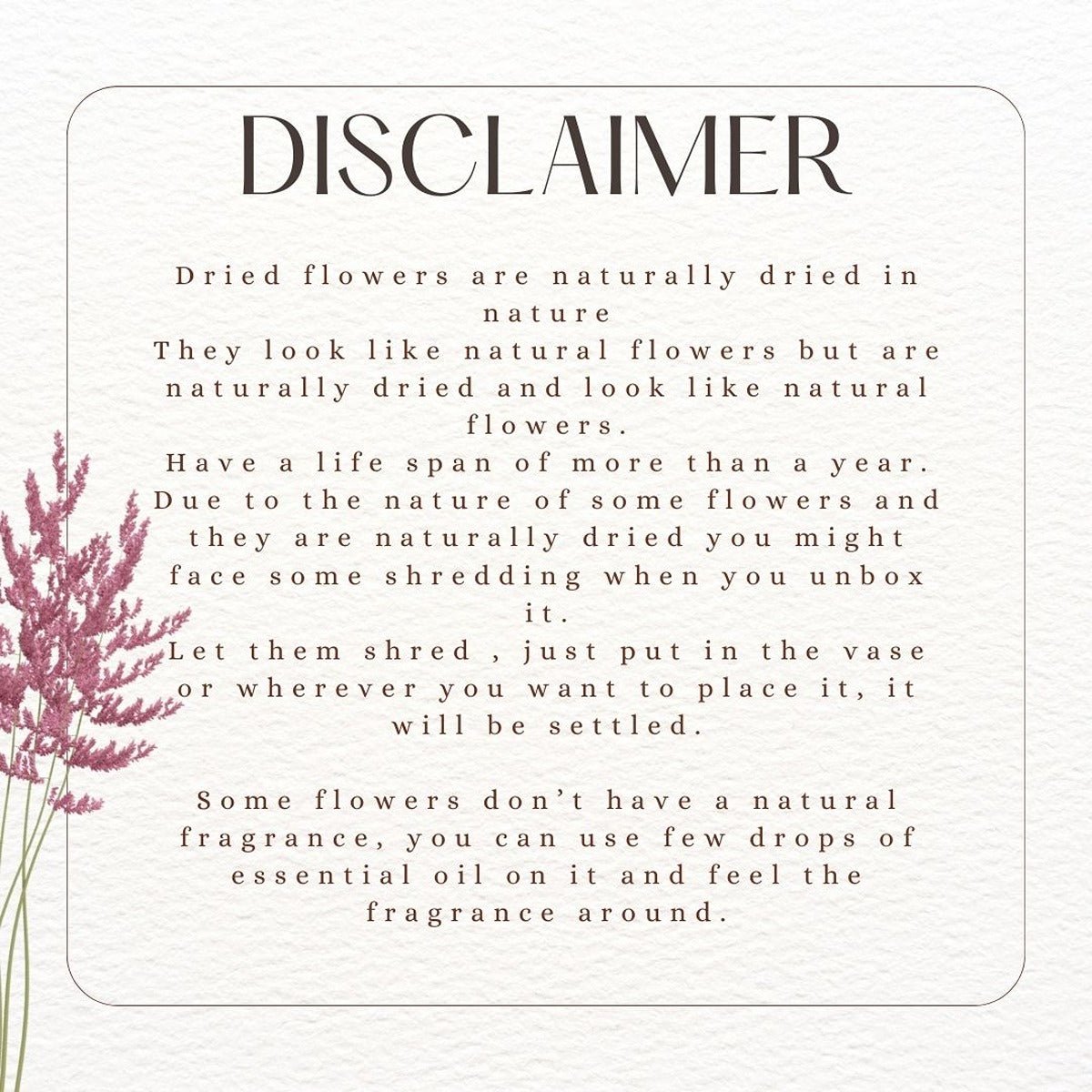







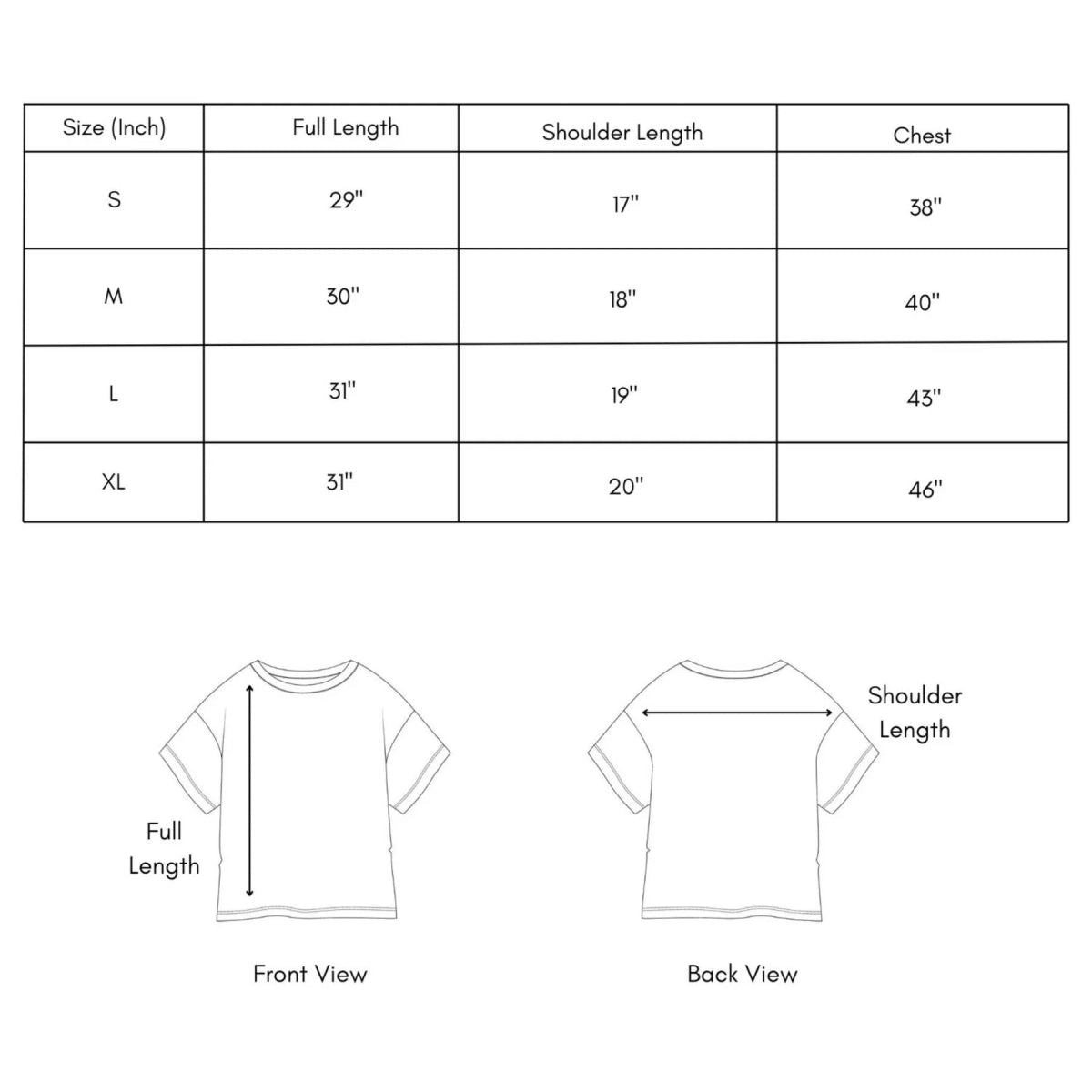

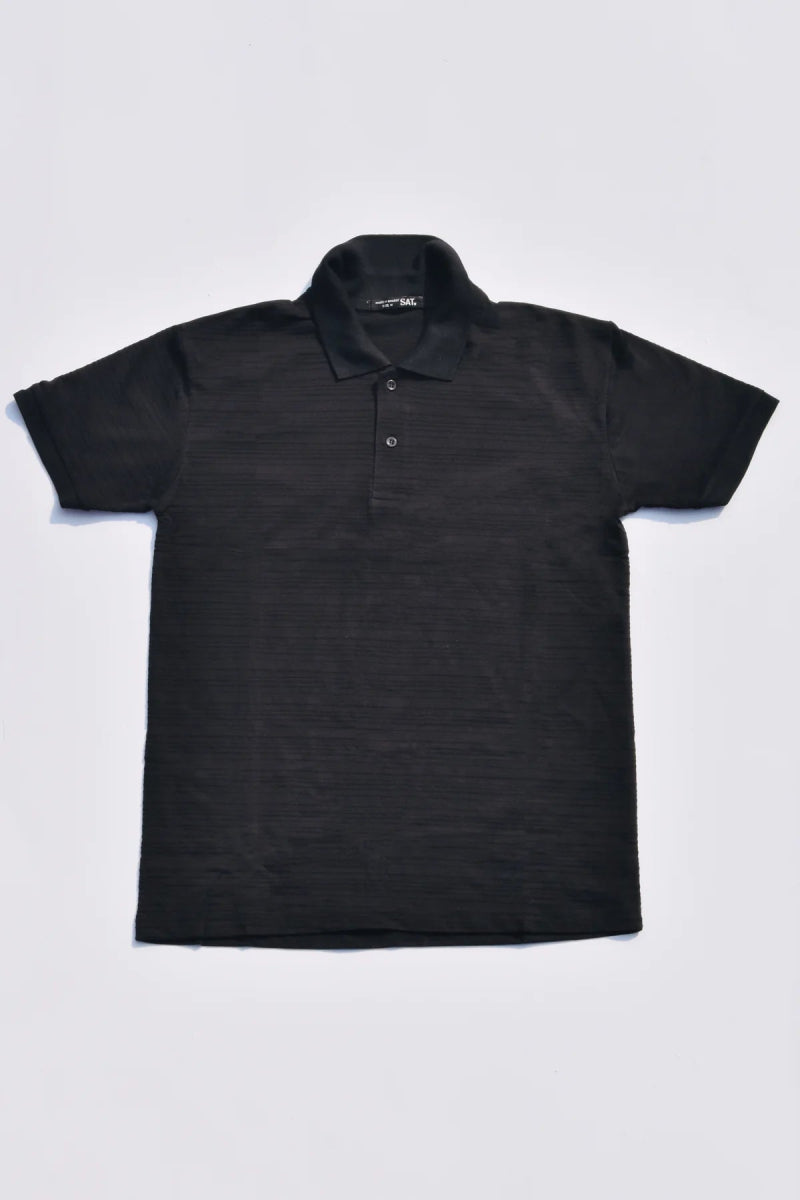

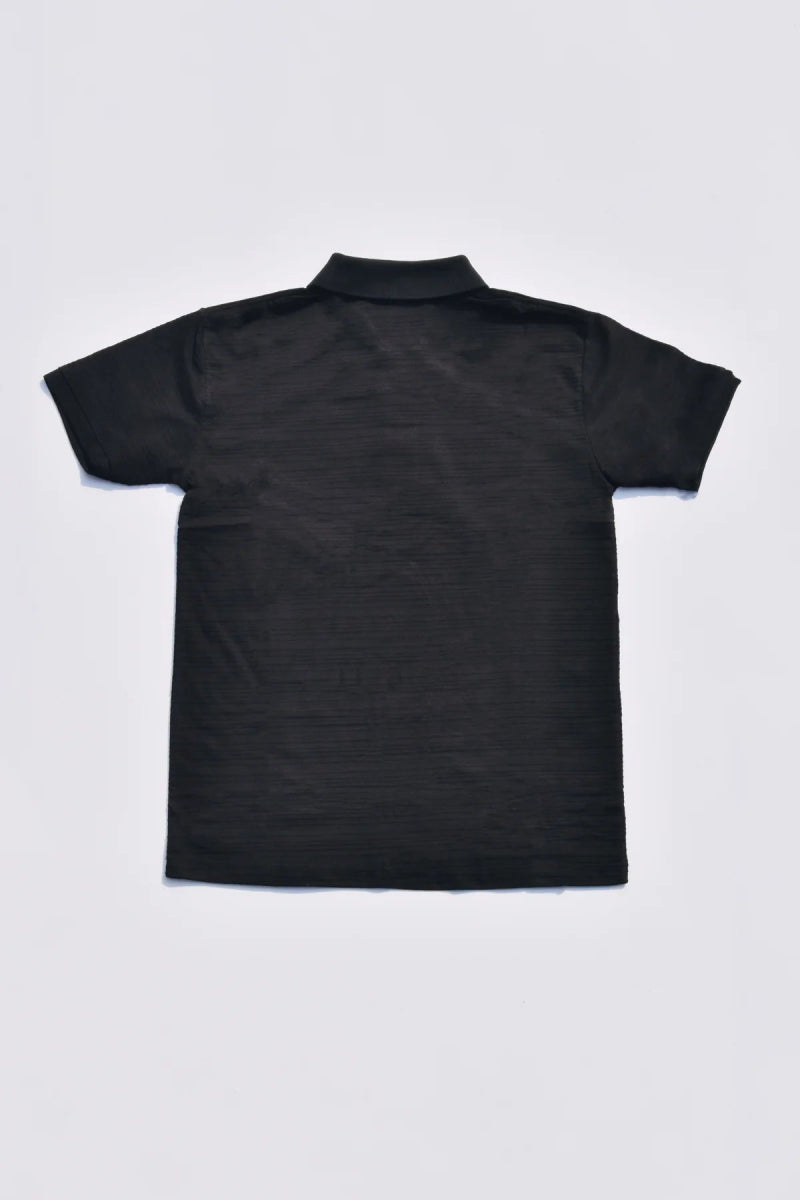



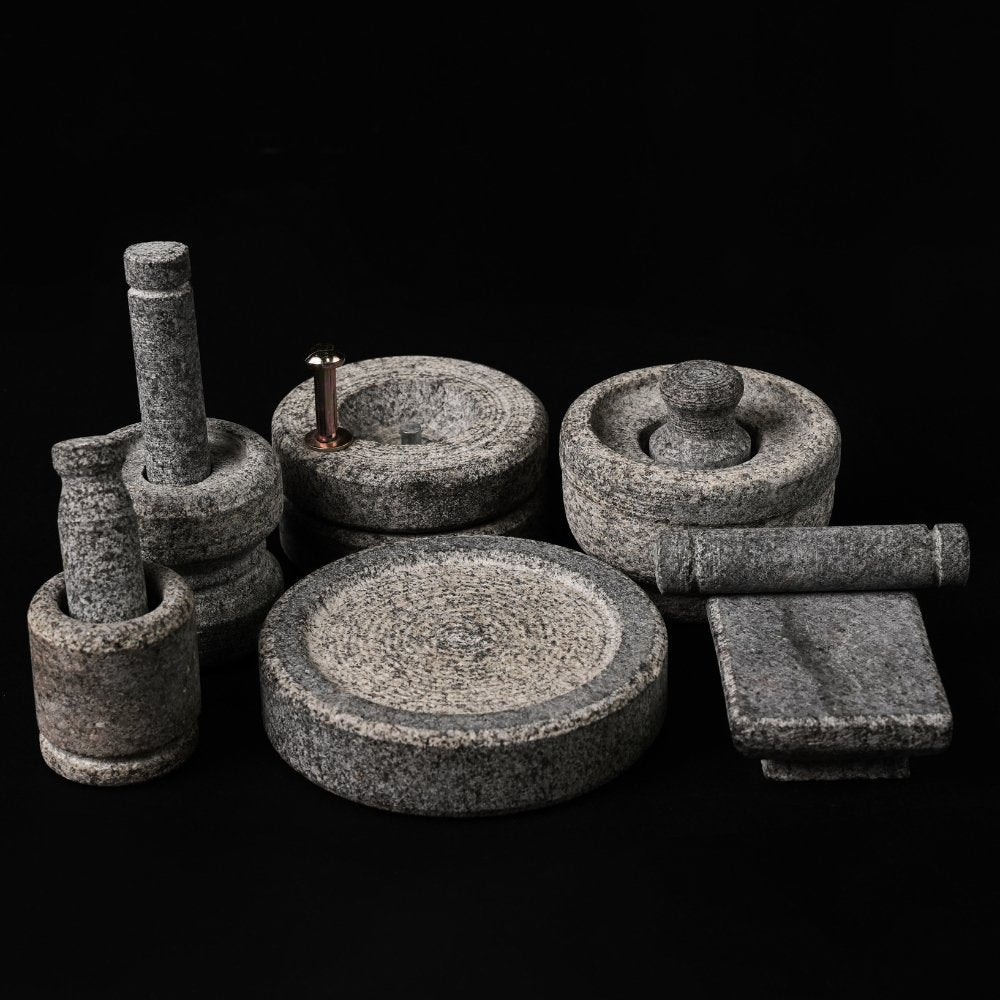

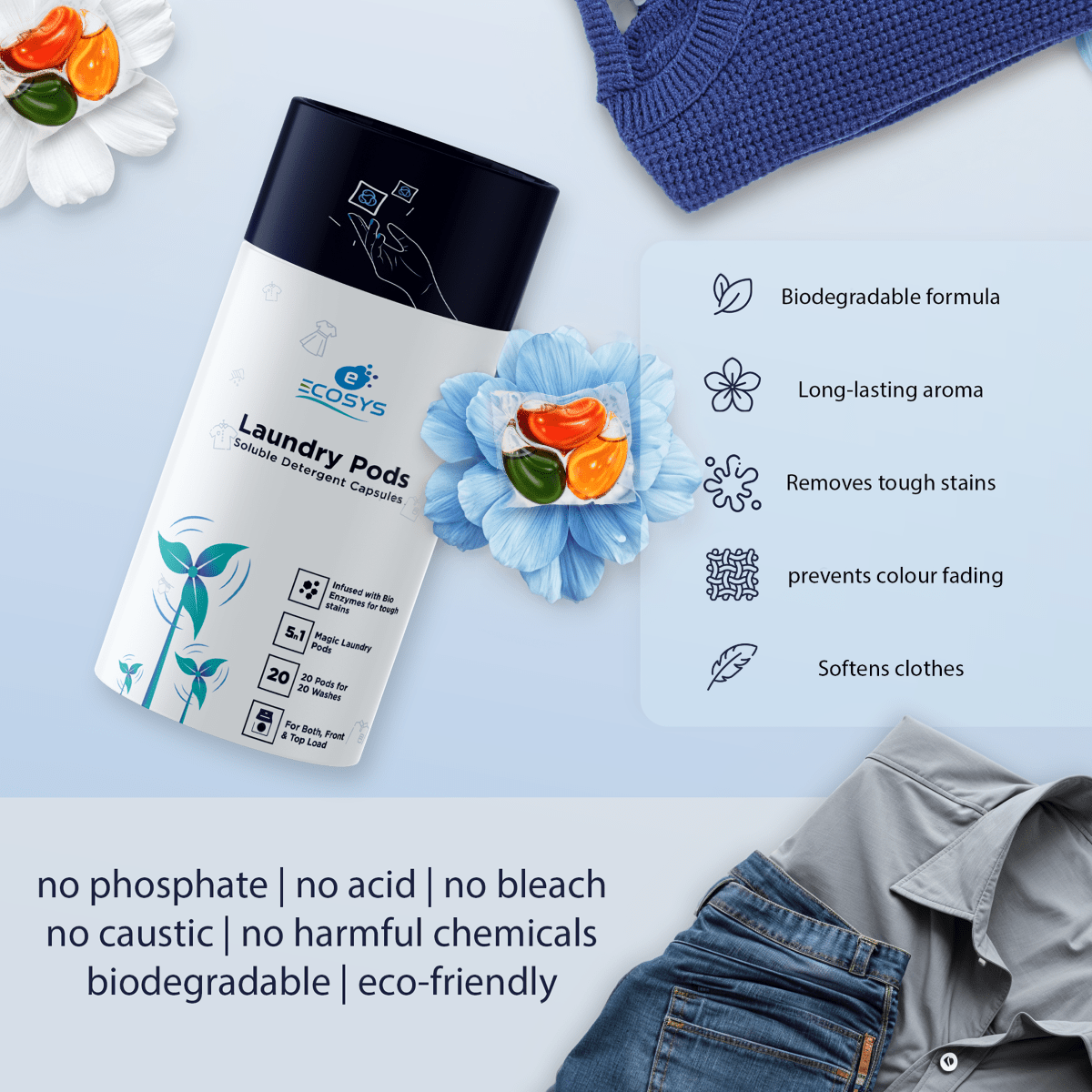

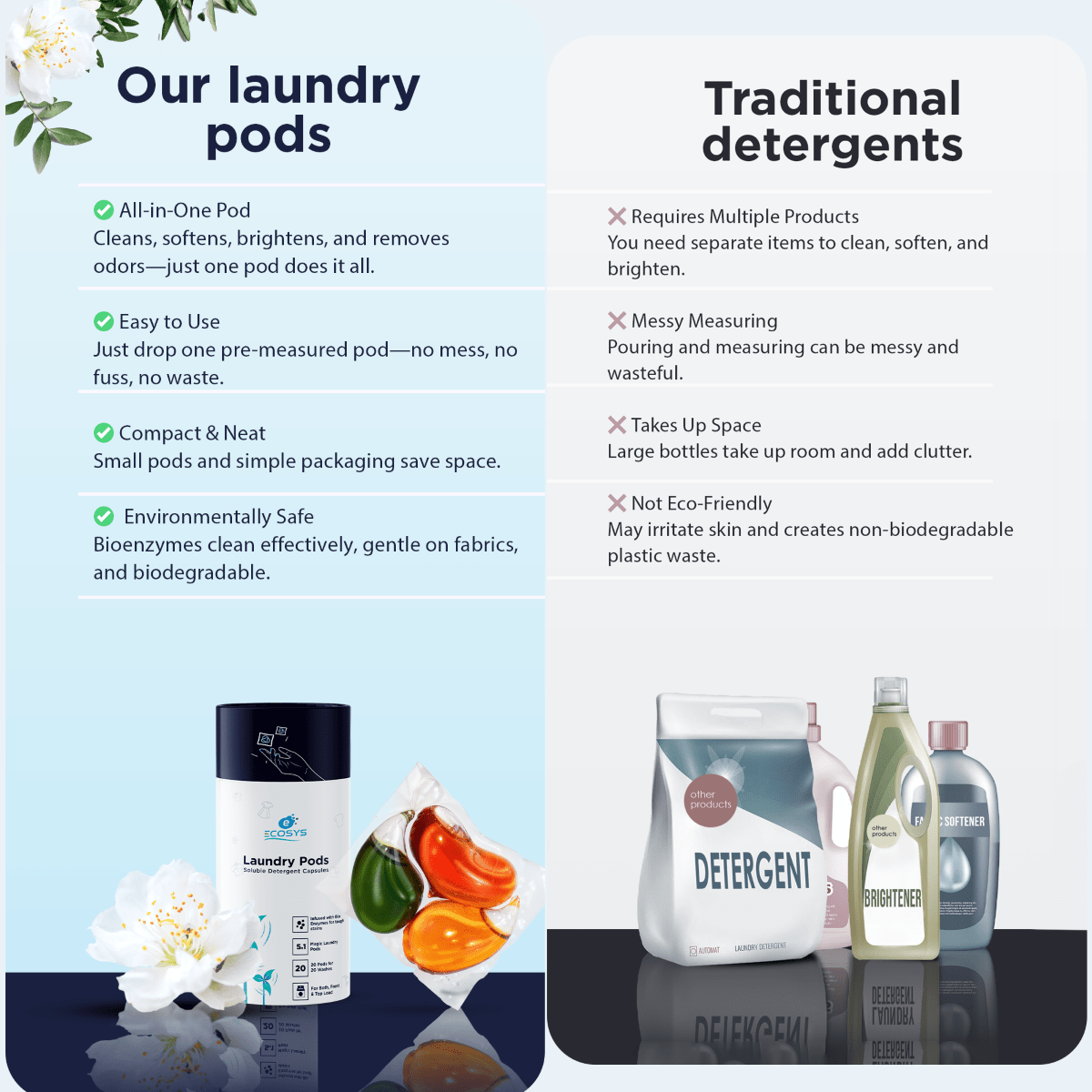

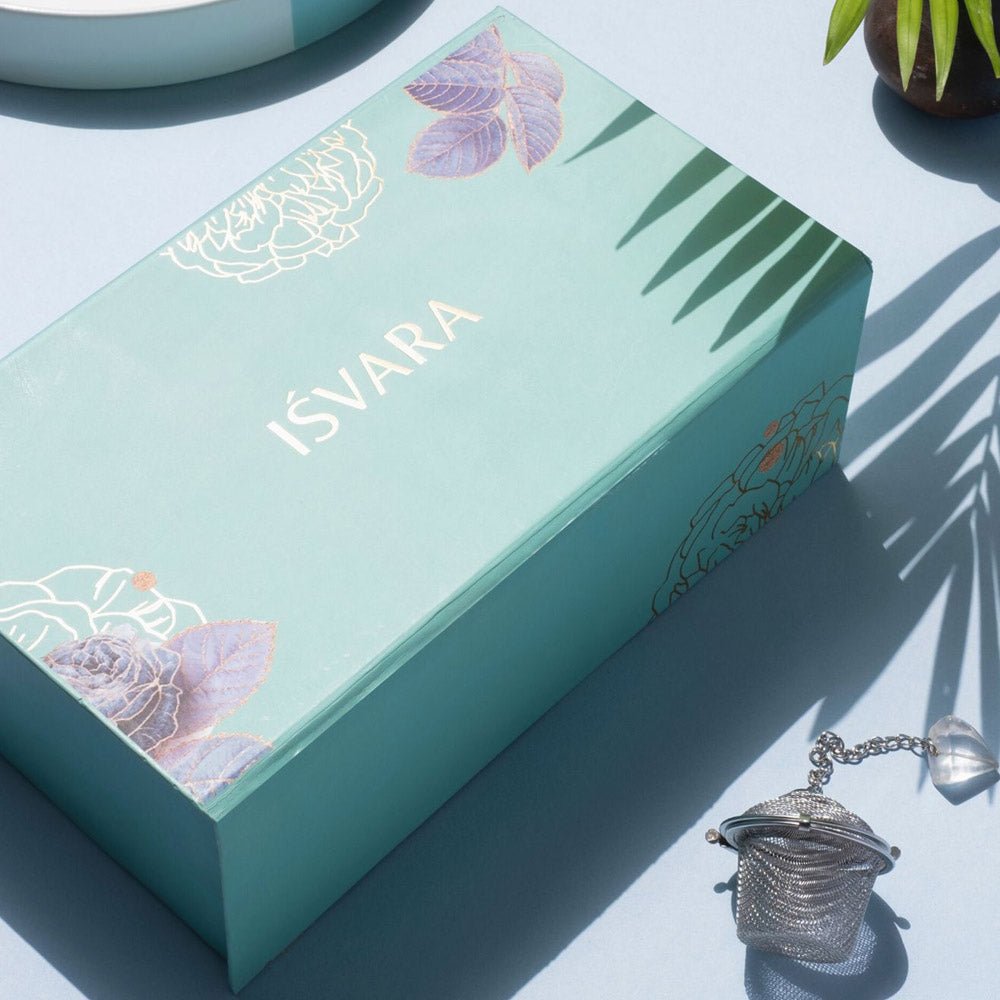

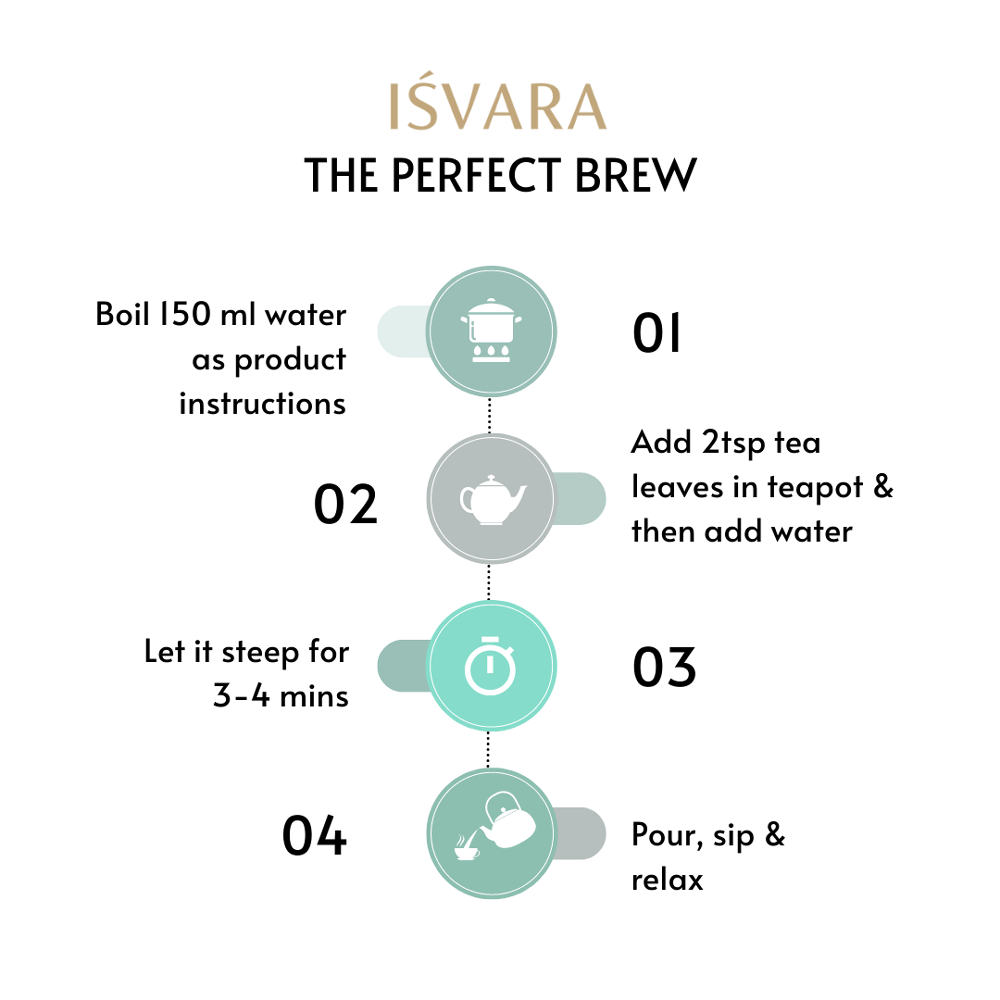
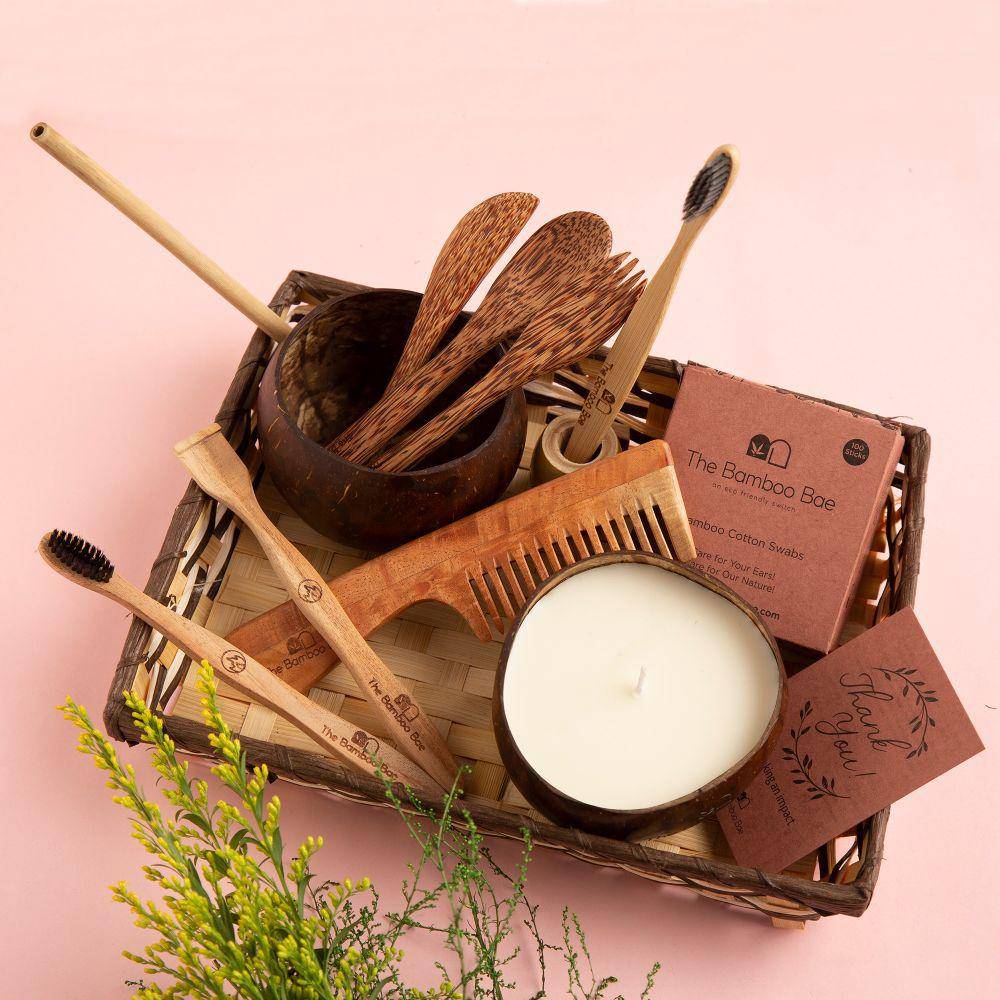
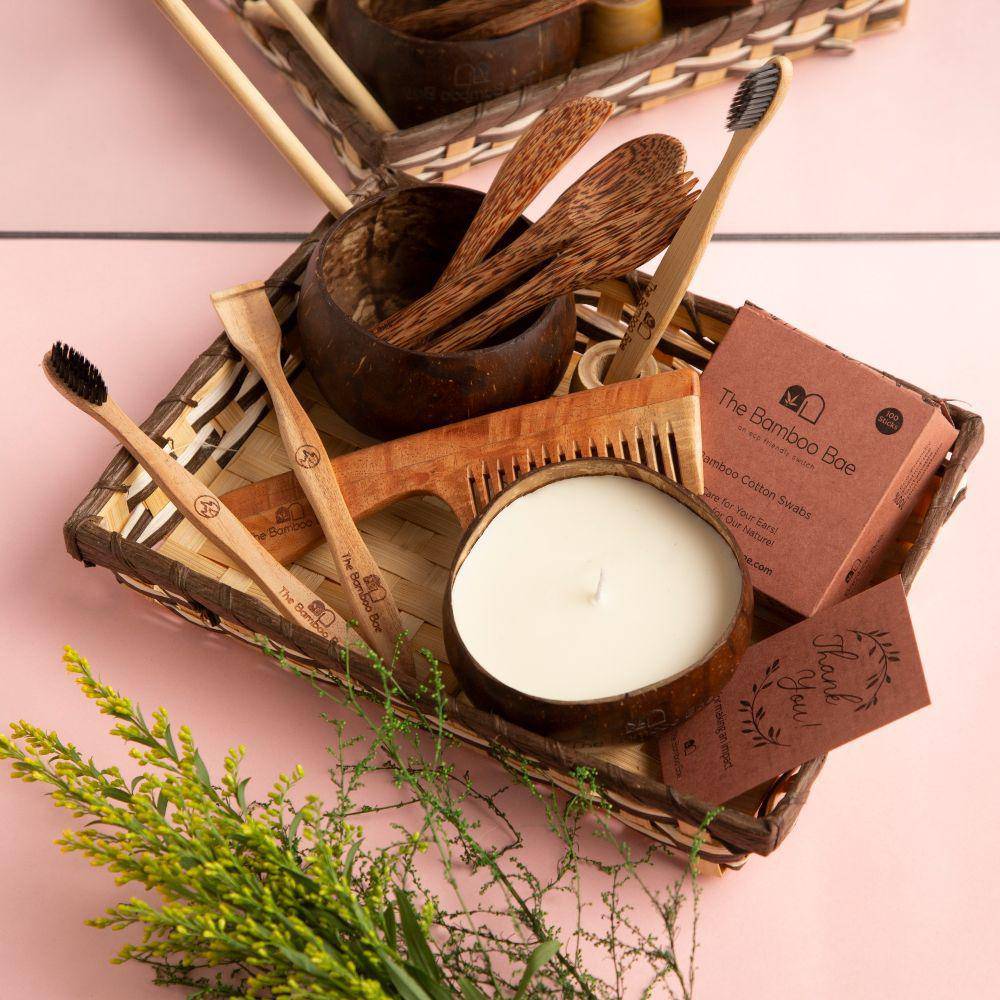
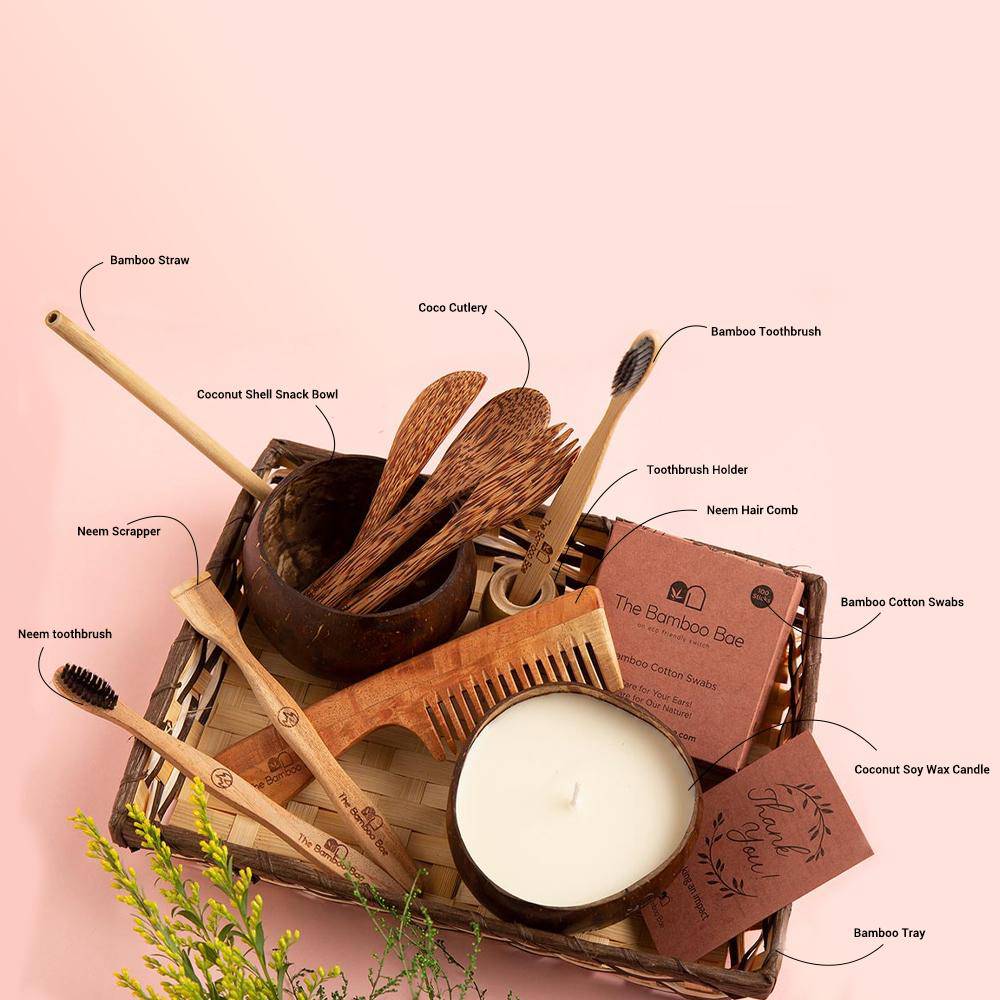
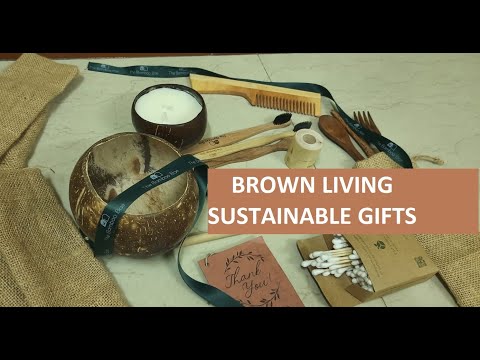
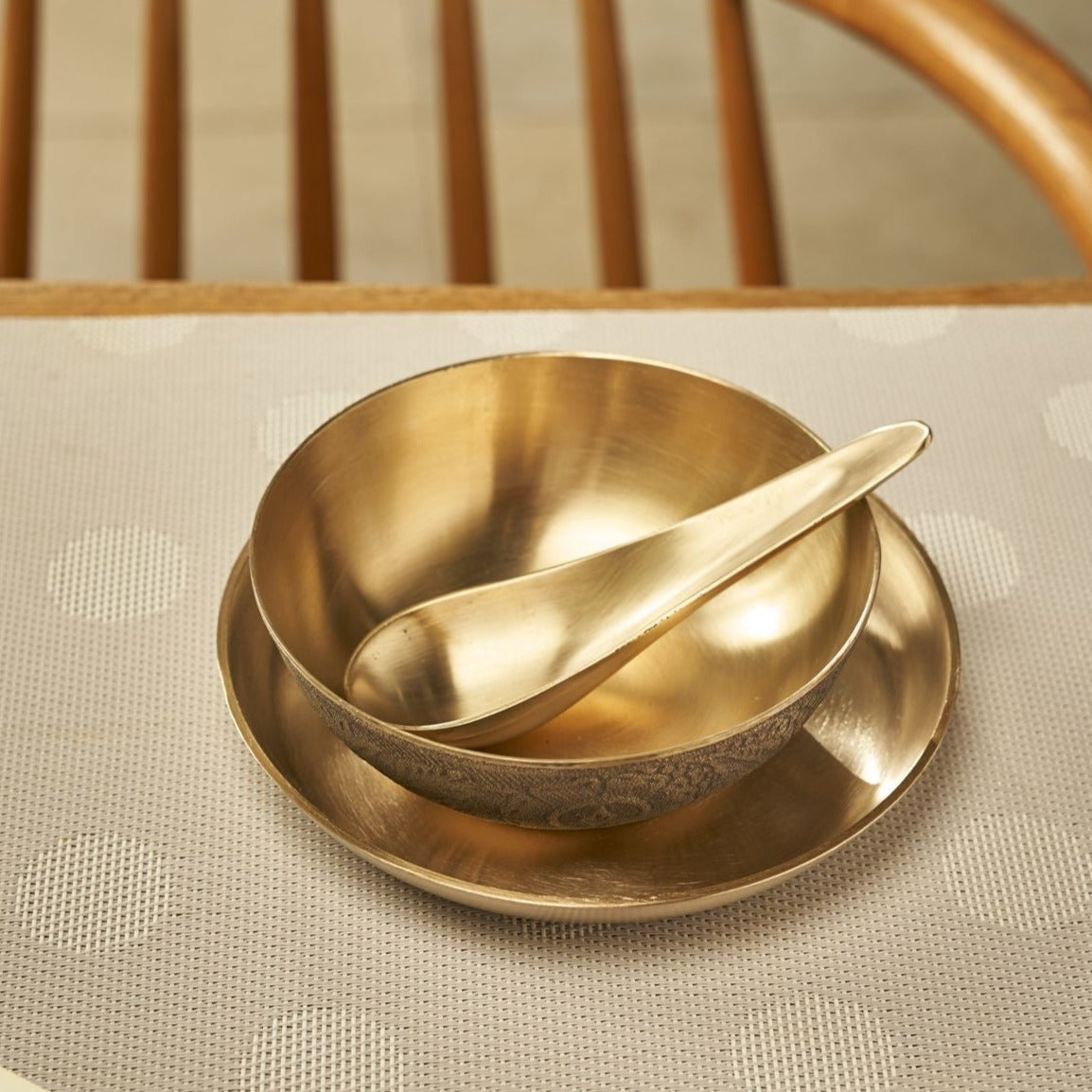
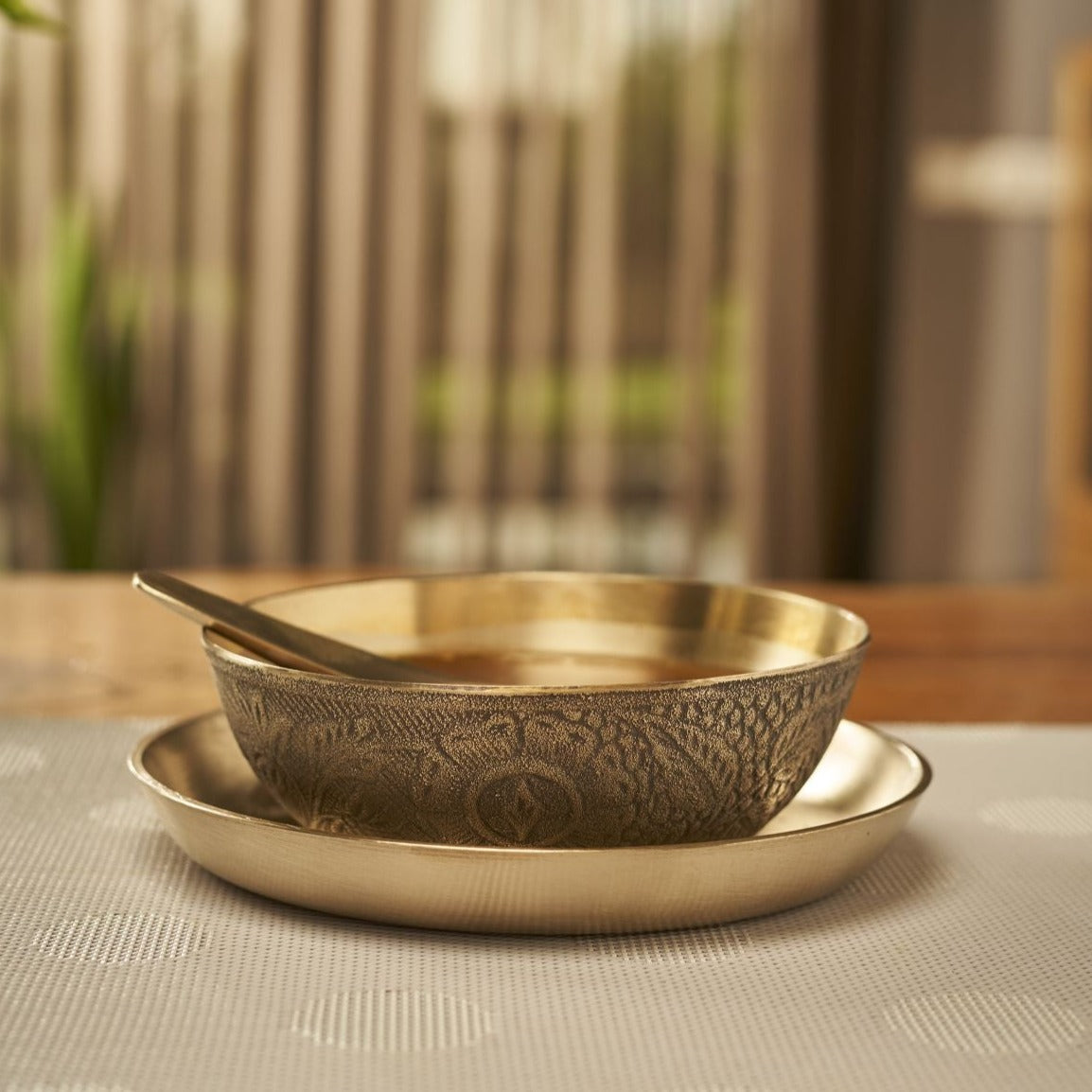
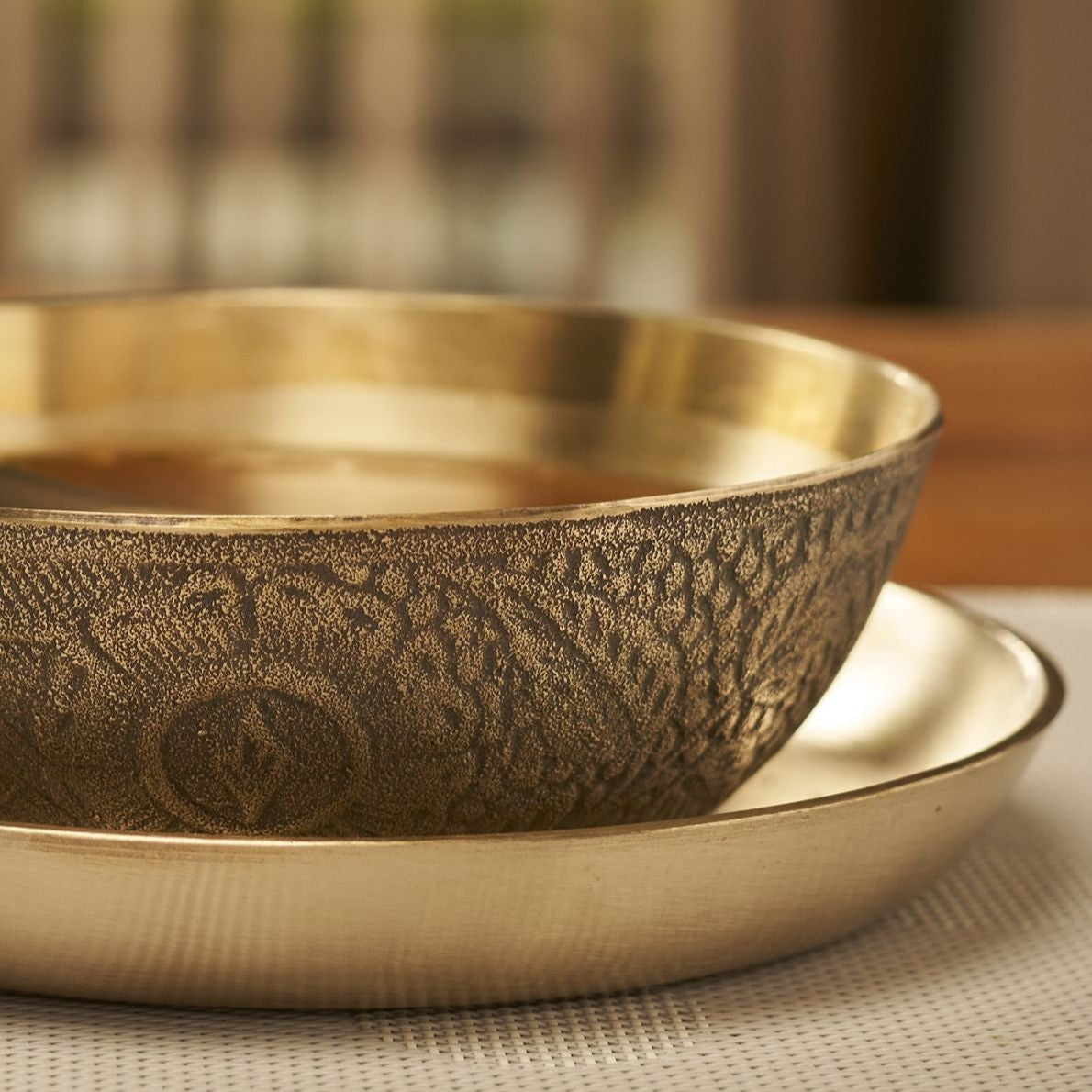
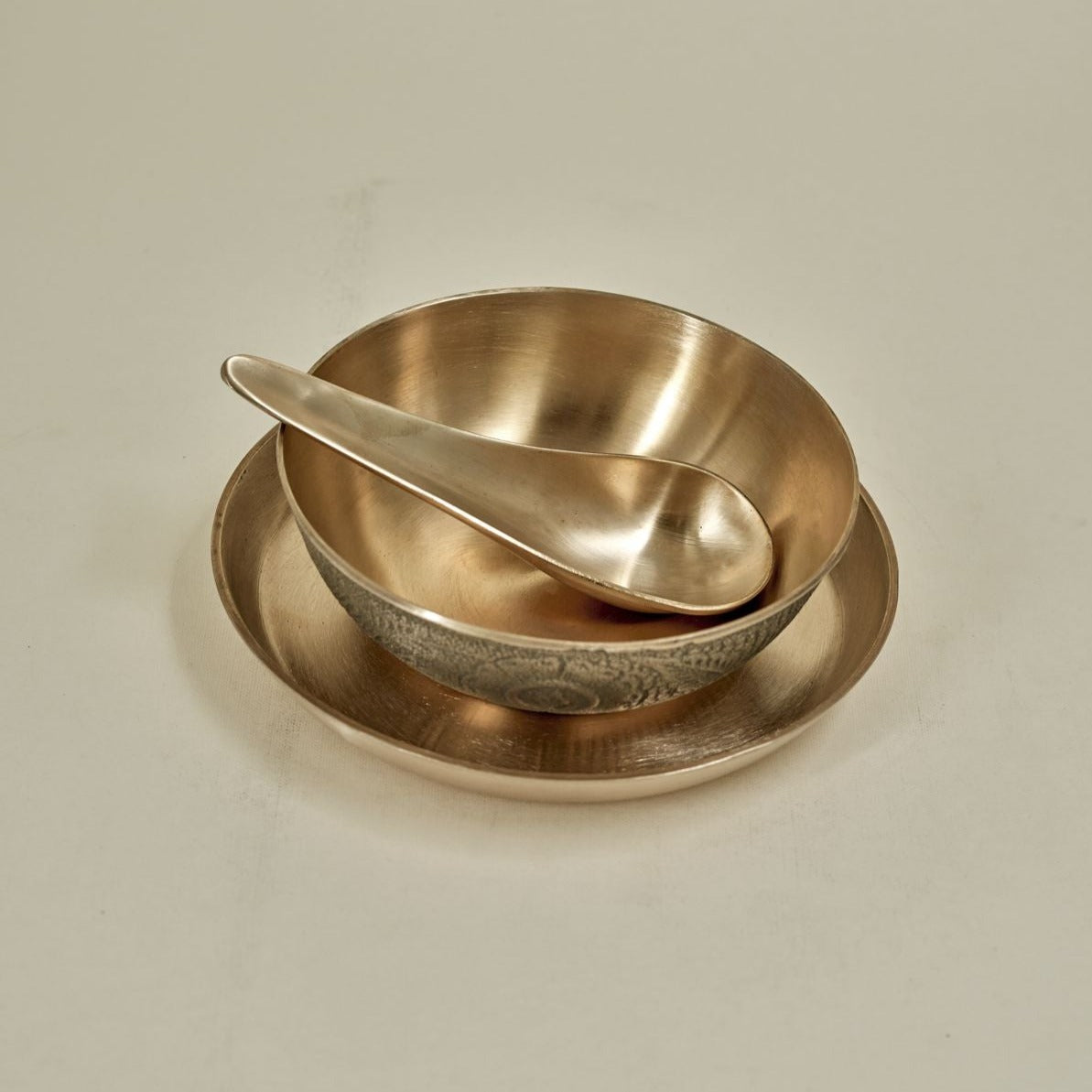
Share:
How to plan a zero-waste wedding on a budget
7 Low Water-Intensive Fabrics Worth Trying